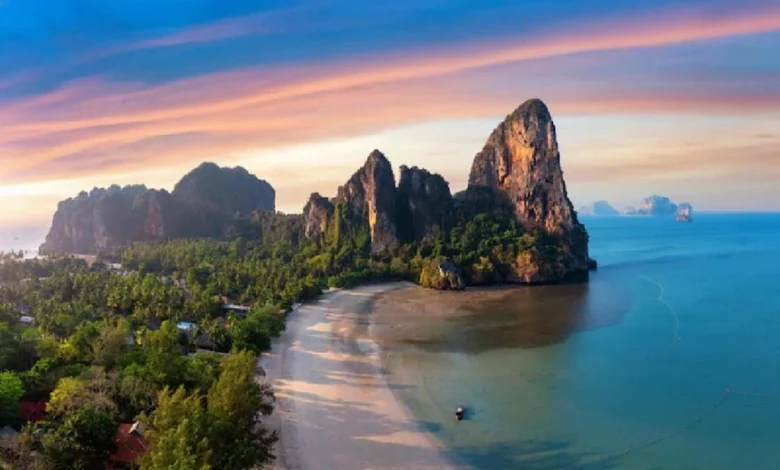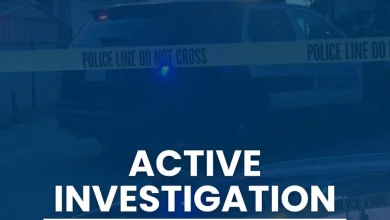Thailand enforces new alcohol law: Steep fines for afternoon drinking, including tourists

Starting Saturday, drinkers in Thailand face steep fines under amended alcohol control laws that tighten restrictions on consumption, marketing, and advertising. The revised Alcoholic Beverage Control Act, effective November 8, imposes penalties of at least 10,000 baht ($300) for individuals caught drinking or being served alcohol during restricted hours or in prohibited places, marking one of the toughest enforcement crackdowns since the law first took shape in 1972, according to a Bloomberg report.
Thailand’s long-standing alcohol sale ban, which typically lasts from 2 p.m. to 5 p.m. at most retail outlets and supermarkets, has been in place for over five decades. But under the amended Alcoholic Beverage Control Act, the new penalties shift responsibility directly onto consumers. The tightened rules also strengthen advertising curbs, limiting promotions strictly to factual content and banning the use of celebrities, influencers, or public figures in commercial campaigns.
While the law grants exemptions to licensed entertainment venues, hotels, certified tourist establishments, and international airport lounges, restaurant owners say the changes could harm their business. “The new regulations will have an adverse effect on restaurants because it’s the customer that’s now ‘restricted’ by the stipulated sale hours,” said Chanon Koetcharoen, president of the Thai Restaurant Association.
Citing Section 32, he explained, “If an establishment sells a bottle of beer to a customer at 1:59 p.m., but they sit and drink until 2:05 p.m., that would constitute a violation of the law. This will impede the growth of the restaurant industry.”
In Bangkok’s Khao San Road, a popular backpacker hub, several venues said they were uncertain about how strictly the new law would be applied. One business operator, who runs a bar-restaurant open from 11 a.m. to 2 a.m., said, “Alcohol sales are loosely controlled, considering customers can and do order drinks between the officially prohibited hours.”
Industry insiders believe the crackdown could sharply reduce afternoon sales. “With the possibility of drinkers themselves being fined, sales of alcohol may halve during those times,” said Bob, an assistant manager at a city restaurant, who declined to share his full name.
Others voiced concern that the stricter enforcement could open avenues for misuse. “Officials may use these laws to fine customers or businesses for personal gain,” a Bangkok-based restaurateur remarked.
The opposition has also criticised the amendment. Taopiphop Limjittrakorn, a member of parliament from the People’s Party and a vocal advocate for liquor liberalisation, said the move runs counter to business and tourism needs. “The amended law aims to serve the purpose of those opposing alcohol,” he said. “Alcohol sales should be 24/7.”
Limjittrakorn added that the new rules could confuse foreign tourists. “A tourist who orders a drink before the restricted hours but consumes it afterwards could be fined,” he said, warning that the regulations risk undermining Thailand’s hospitality reputation.





